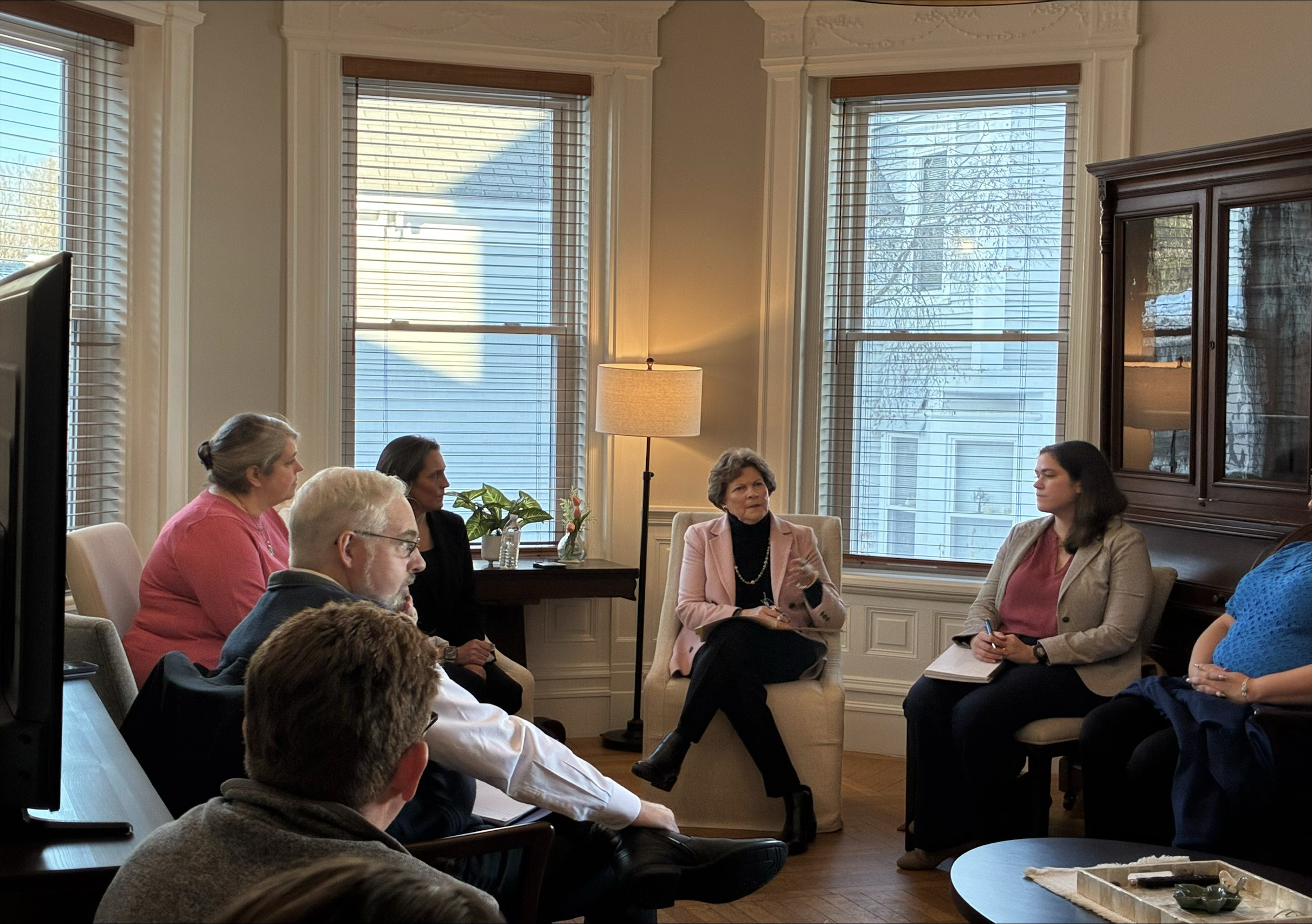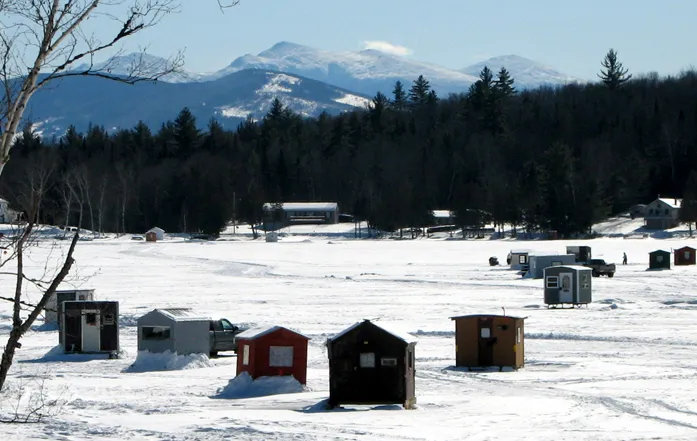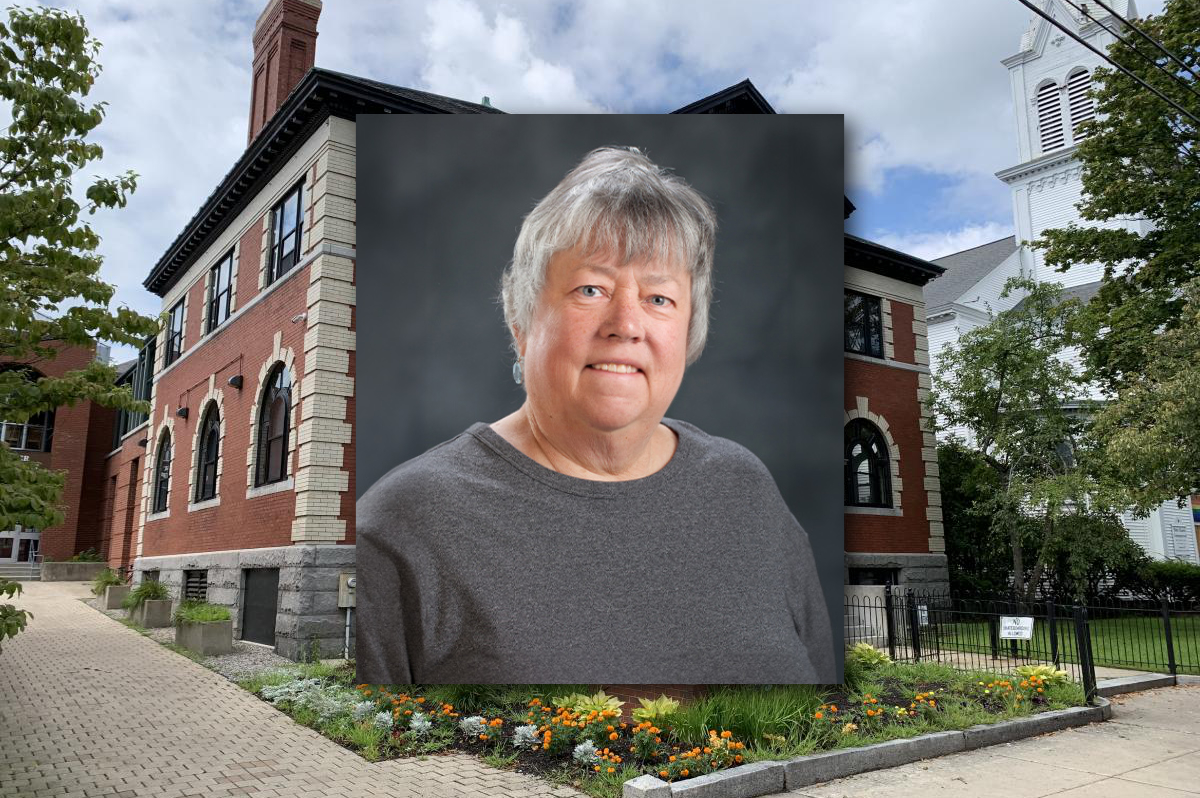The New Hampshire Department of Health and Human Services (DHHS), Division for Children, Youth and Families (DCYF) announces the statewide implementation of the Juvenile Justice Needs Assessment, a new, voluntary service option through DCYF’s Juvenile Justice Services. The assessment provides an opportunity for youth to receive community-based early intervention supports and services as an alternative to formal involvement with the juvenile court system, limiting juvenile probation to youth who have committed more serious offenses.
The program is the result of legislation passed through Senate Bill 94, and its objective is to promote earlier intervention through community-based services, reduce involvement in the formal legal system, encourage positive youth development and decrease the need for future judicial involvement. The program has been implemented in phases across the State since it became effective on January 1, 2022. To date, more than 400 families provided with the option to participate in the program have completed an assessment and received additional supportive services without court intervention.
“Involvement with the juvenile justice system can have a lasting impact on a young person’s future, and providing the right services at the right time is critical,” said DCYF Director Joseph E. Ribsam. “Intervening early on, working to build upon the strengths of the youth and their family, and offering services based on their individual needs can help prevent the youth from heading down the wrong road.”
Under the new program, when a law enforcement agency is considering bringing a youth to court under a delinquency petition, the agency or prosecutor will make a referral to DCYF to conduct the Child and Adolescent Needs and Strengths (CANS) assessment. The CANS assessment is conducted by an assessment Juvenile Probation and Parole Officer (JPPO) and focuses on areas such as the youth’s behavioral and emotional needs, life functioning, risk behaviors, cultural factors, and the youth’s and caregivers’ strengths and needs.
Following the CANS assessment, DCYF makes recommendations to the referring law enforcement agency as to whether involvement in the juvenile court system is necessary, or if the youth would be better served through community-based services. If the referring agency agrees that additional support services are appropriate, the JPPO will connect the youth with the programs and services that meet their needs, which could include mental health services, employment, diversion programs, or other pro-social activities.
Since the program’s inception, law enforcement has accepted DCYF’s recommendations in 93% of referred cases, diverting hundreds of youths from formal involvement with the legal system.
For more information, visit https://www.dhhs.nh.gov/juvenile-justice-needs-assessments.









